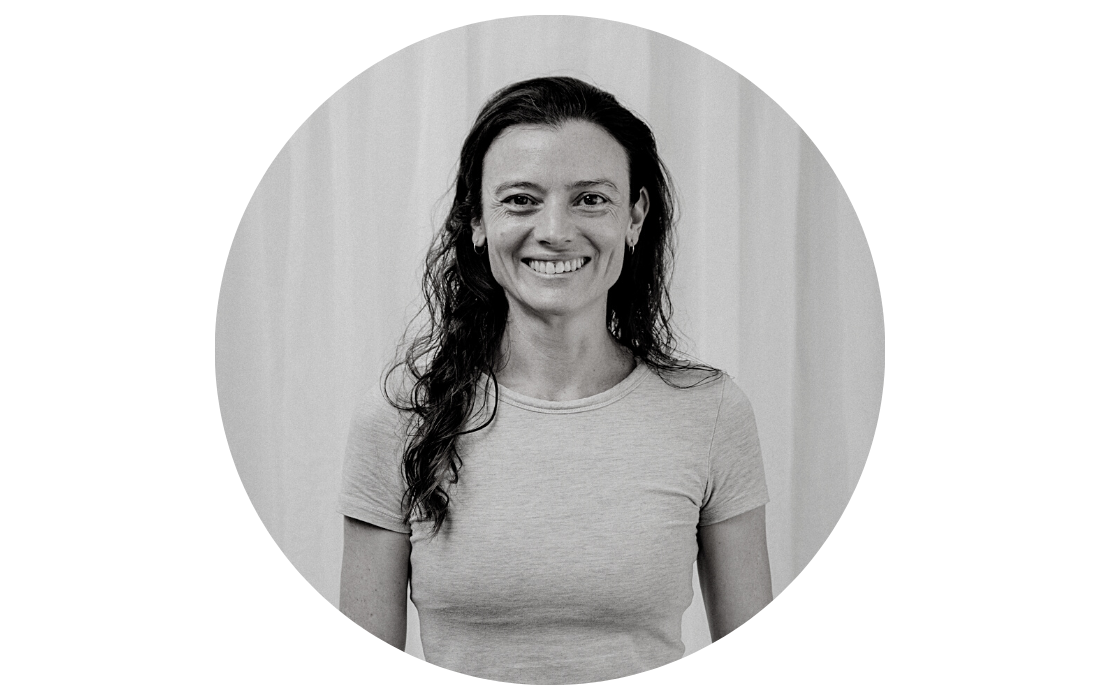Sports injury physiotherapy for squash players.
Squash and the Role of a Specialised Physiotherapist
Squash is a fast-paced racket sport played in an enclosed court. It demands high levels of physical fitness, agility, and strategic thinking. Players must rapidly change direction, sprint, and stretch to strike a small ball with their racket, often requiring intense bursts of energy. The sport's nature makes it both physically and mentally demanding, with a high potential for acute injuries and overuse syndromes.
Key Aspects of Squash:
The Importance of a Physiotherapist Specialised in Squash:
What Are Common Injuries Among Squash Players?
Squash, a sport involving rapid, multi-directional movements, often leads to specific types of injuries:
How Can Squash Players Prevent These Injuries?
Injury prevention is key for squash players:
What Physiotherapy Treatments Are Effective for Squash Injuries?
Physiotherapy is vital in treating and managing injuries in squash:
When Should a Squash Player Consult a Physiotherapist?
Professional guidance is recommended in several scenarios:
How Can Physiotherapy Help in Long-Term Injury Prevention for Squash Players?
Long-term injury prevention is essential:
What Recovery Strategies Should Squash Players Employ?
Effective recovery strategies are important for squash players:
If you have been injured playing squash, there are many things that our Tarragindi physiotherapists can do to help get you back to being sport ready and active again so come in and speak to our friendly physiotherapists today! Feel free to give our Tarragindi Physiotherapy clinic a call on 07 3706 3407 or email [email protected]
Squash is a fast-paced racket sport played in an enclosed court. It demands high levels of physical fitness, agility, and strategic thinking. Players must rapidly change direction, sprint, and stretch to strike a small ball with their racket, often requiring intense bursts of energy. The sport's nature makes it both physically and mentally demanding, with a high potential for acute injuries and overuse syndromes.
Key Aspects of Squash:
- Rapid and Repetitive Movements: The game involves quick sprints, stops, lunges, and twists, which can put significant strain on the muscles and joints.
- Endurance and Cardiovascular Fitness: Extended rallies and matches require excellent stamina and aerobic capacity.
- Technical Skill: Proficiency with the racket and ball control are essential, as is the ability to anticipate and react to an opponent's shots.
The Importance of a Physiotherapist Specialised in Squash:
- Injury Prevention and Management: A physiotherapist with experience in squash can offer targeted strategies for injury prevention and effective rehabilitation plans, tailored to the specific movements and demands of the sport.
- Performance Enhancement: Understanding the biomechanics of squash, a physiotherapist can assist players in improving their court movement, technique, and overall conditioning.
- Recovery and Conditioning Advice: Specialized physiotherapists can provide guidance on conditioning exercises and recovery techniques that are crucial for squash players to maintain their fitness and prevent injuries.
What Are Common Injuries Among Squash Players?
Squash, a sport involving rapid, multi-directional movements, often leads to specific types of injuries:
- Ankle Sprains: Due to quick turns and sudden stops.
- Knee Injuries: Including ligament strains from the dynamic movements and lunges.
- Muscle Strains: Particularly in the calves, hamstrings, and quadriceps.
- Elbow and Wrist Injuries: Resulting from repetitive racket swinging.
- Back Pain: Caused by the twisting motion and sudden directional changes.
How Can Squash Players Prevent These Injuries?
Injury prevention is key for squash players:
- Proper Footwear: Shoes with good grip and support to prevent slips and falls.
- Strength and Conditioning Training: Focusing on core stability, leg strength, and overall flexibility.
- Technique Training: Ensuring proper swing technique and efficient court movement.
- Adequate Warm-Up and Cool-Down: Essential for preparing muscles and joints for the game and aiding in recovery.
- Regular Rest and Recovery: Balancing training with enough rest to allow the body to recuperate.
What Physiotherapy Treatments Are Effective for Squash Injuries?
Physiotherapy is vital in treating and managing injuries in squash:
- Manual Therapy: Including massage, joint mobilization, and stretching to alleviate pain and improve mobility.
- Tailored Exercise Rehabilitation: Specific exercises to strengthen and rehabilitate injured areas.
- Movement Analysis: Assessing and correcting court movement and racket technique.
- Pain Management Techniques: Utilizing modalities like ice therapy, heat therapy, or ultrasound.
- Injury Prevention Education: Providing guidance on safe play and how to avoid recurring injuries.
When Should a Squash Player Consult a Physiotherapist?
Professional guidance is recommended in several scenarios:
- Post-Injury: For accurate diagnosis and comprehensive rehabilitation.
- Persistent Pain or Discomfort: Especially if it affects playing performance or quality of life.
- Technique Improvement: To enhance skills and minimize injury risk.
- Preventive Measures: Learning effective strategies to minimize future injury risks.
How Can Physiotherapy Help in Long-Term Injury Prevention for Squash Players?
Long-term injury prevention is essential:
- Personalized Exercise Programs: Focused on the specific needs of squash players, considering strength, agility, and endurance.
- Regular Assessments: To monitor progress and adjust training accordingly.
- Technique Refinement: Continuous work on improving court movement and racket skills.
- Nutritional and Lifestyle Advice: To support overall health and enhance performance.
What Recovery Strategies Should Squash Players Employ?
Effective recovery strategies are important for squash players:
- Active Recovery: Engaging in light activities to promote circulation and muscle recovery.
- Nutrition and Hydration: Essential for muscle repair and maintaining energy levels.
- Adequate Sleep: Crucial for physical and mental recovery.
- Mental Health Support: To manage the stress and pressures of competitive play.
If you have been injured playing squash, there are many things that our Tarragindi physiotherapists can do to help get you back to being sport ready and active again so come in and speak to our friendly physiotherapists today! Feel free to give our Tarragindi Physiotherapy clinic a call on 07 3706 3407 or email [email protected]
Who to book in with:
Emma Cameron
|
Monica Hanna
|
Yulia Khasyanova
|



